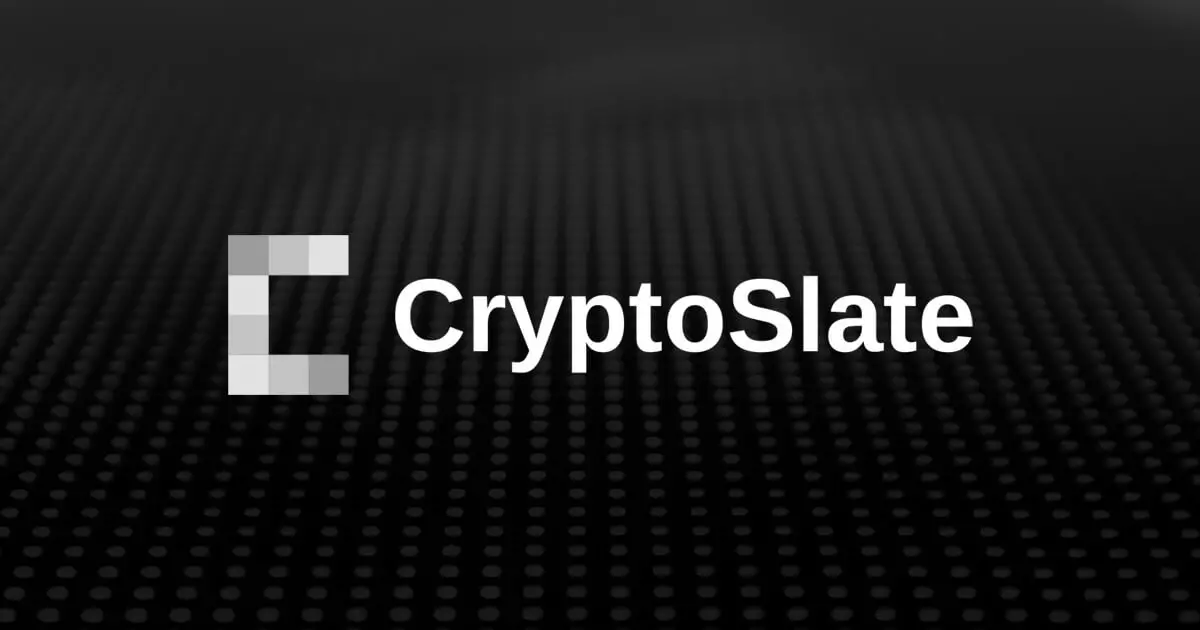In recent revelations, the intertwining of Binance, one of the world’s leading crypto exchanges, with political figures like Donald Trump has sparked alarm among watchdogs and ethical critics. At the core of this controversy lies a web of speculation and detailed blockchain data suggesting Binance’s involvement in a stablecoin linked to the Trump family, which could potentially influence political and financial landscapes. This conflict of interests underscores a disturbing trend: cryptocurrency’s emergence not just as a decentralized financial tool but as a strategic asset within political power plays.
More troubling is the claim that Binance actively developed the foundational code for USD1, a stablecoin issued by World Liberty Financial—a company closely tied to President Donald Trump. The potential for this token to generate hundreds of millions in interest for the Trump family, and its heavy concentration within Binance wallets, raises serious questions about the transparency and legitimacy of the entire transaction. If true, this indicates that cryptocurrency projects are increasingly becoming instruments to serve personal and political agendas, bypassing traditional oversight and accountability.
This alleged nexus between Binance and a politically affiliated stablecoin signals an unprecedented blurring of lines between private enterprise, political influence, and financial regulation. When a major exchange like Binance appears to facilitate such projects—especially when tied to a figure like Trump who has historically prioritized personal wealth—the integrity of the wider crypto ecosystem comes under threat. The deception isn’t just in the details but in the subtle yet strategic use of blockchain technology to obscure influence and financial gains.
Conflict of Interest at a Critical Juncture
The allegations reach their peak with claims that Binance’s clandestine involvement in USD1 directly benefited the Trump family’s fortune—potentially earning them $30 million annually from interest on reserves. This kind of financial arrangement is troubling because it hints at a quid pro quo: crypto assets and investments being used as leverage within political spheres. Such conduct could erode public trust and create a dangerous precedent where political figures and wealthy magnates manipulate emerging financial tools for personal gain.
Meanwhile, Binance’s posture has been one of denial, asserting that their involvement in the stablecoin was routine and that Zhao’s efforts to secure a presidential pardon are personal, not corporate. However, the timing of discussions regarding a new stablecoin project, combined with Zhao’s reported efforts to seek forgiveness, paints a picture of a tight nexus between personal ambitions and strategic financial maneuvers. When centralized figures like Zhao connect with political figures or figures close to the Trump administration, it raises serious ethical concerns about undue influence and secret dealings that could distort market fairness and policy.
While the Trump administration insists that it operates without conflicts of interest, the surrounding context—such as the reported $620 million income linked to Trump from recent crypto initiatives—blemishes that narrative. It appears that, behind the scenes, cryptocurrency has solidified itself as an asset class capable of conferring substantial political and personal gains, which arguably distorts the democratic process and threatens the principles of fair governance.
The Ethical and Regulatory Crisis Looms Larger
Experts in ethics and governance have sounded the alarm about the escalating conflicts of interest. Richard Painter, a renowned former ethics counsel, articulates a concern that is increasingly relevant: in a landscape where substantial financial interests intertwine with political influence, the line separating public duty from private enrichment becomes dangerously obscured. When politicians and crypto titans like Zhao potentially leverage blockchain innovation for personal political advantage, the integrity of both markets and governance structures is compromised.
Furthermore, the supposed involvement of prominent figures such as Steve Witkoff, Trump’s envoy to the Middle East, in connections to World Liberty Financial, hints at a broader network of influence exchanging hands across different domains—real estate, politics, and finance—all under the guise of cryptocurrency. The fact that discussions around new stablecoins and token issuance coincided with Zhao’s attempts for presidential clemency suggests deliberate strategic moves to embed these digital assets deeply within political fabric.
Such developments highlight an uncomfortable truth: cryptocurrency is no longer strictly a financial instrument but a powerful tool that, if unchecked, can be weaponized to serve the ambitions of a few wealthy elites and political entities. This scenario demands a rigorous reevaluation of regulations and oversight, not just for the sake of market stability but for defending the democratic principle that wealth and influence should not be wielded behind closed doors, cloaked in code.
















Leave a Reply